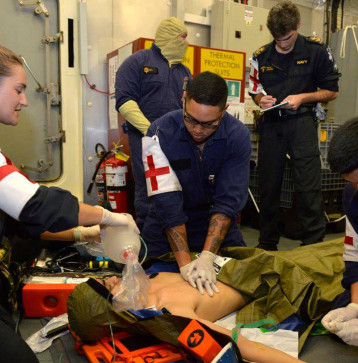
Chaplain
Skip to section:
About the role Career progression and training Salary and benefits Entry requirementsYou are the Navy’s spiritual anchor, providing ministry, friendship, comfort and guidance to military and civilian personnel, and their families.
- ServiceNavy
- SpecialisationMedical and Health
- LocationVaried
-
Starting Trade Training$81,184
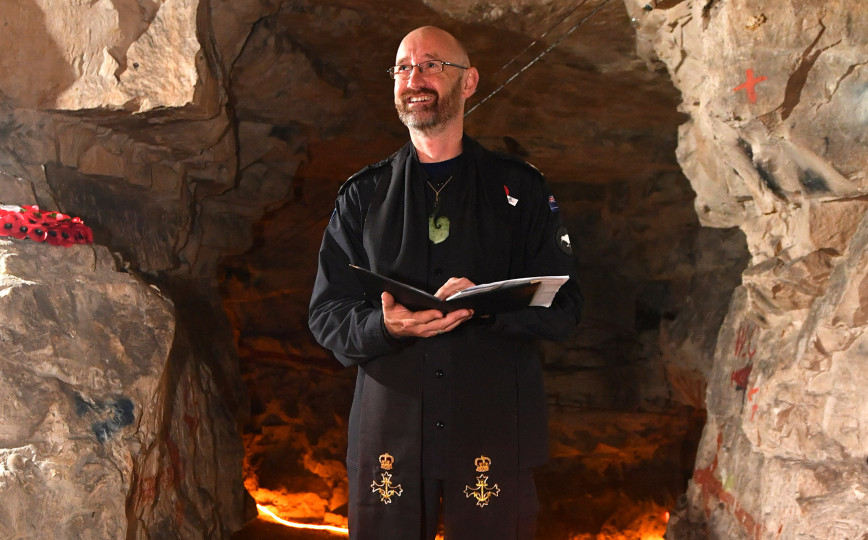
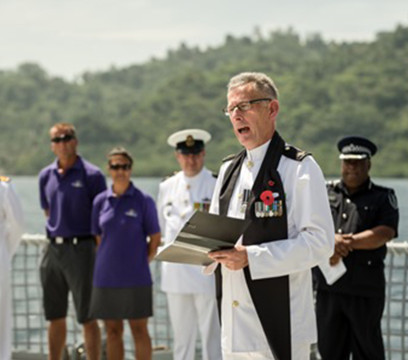
About the role
You're appointed to provide ministry and pastoral care to Defence Force personnel and their families.
A friend and advisor to all, you provide spiritual, religious and moral advice and assist with life-skills education.
It is a unique ministry which can take you to the four corners of the earth, on sea, or land deployments, wherever Defence Force personnel are required to serve.
You are responsible at both official and personal levels, for conducting religious services and ceremonial duties.
You need to be available to assist in times of crisis or emergency, both at the personal and organisational level, and are expected to observe high levels of confidentiality and integrity.
Job on deployment
While on deployment a Chaplain will conduct many of the same duties as in their camp/base role, as well as duties specific to an operational environment.
Due to the increased danger and higher risk to life while in theatre, a Chaplain may be called upon to conduct funerals/tangi, conduct memorial services or assist with Critical Incident Management. In line with this they may be required to provide ongoing grief support with a view to keeping deployed personnel focussed on the mission.
Chaplains seek to be a non anxious presence. They can also act as a bridge builder between the host community and the contingent, especially where religion is held in high regard.
As a trained first-line counsellor, the Chaplain fosters morale and nurtures the human spirit/wairua.
Job on base
You will wear the uniform, come under the Defence Act, and undergo the same indoctrination and training as others who take up the profession-of-arms. As a Chaplain, however, you will be primarily concerned for the spiritual and pastoral care of the individual, and bring to the NZ Army your particular skills which will include:
- A professional theological qualification, having been trained to perform all the functions of clergy
- A wide variety of experiences of life and integrated belief systems, bringing a vital faith which enables Soldiers to address the many challenges of Service life
- By virtue of your ordination, you will be called to a ministry committed to a life of service, and to a self-sacrificing concern for the welfare of others
- With your commitment to pastoral care you will bring a willingness to challenge those issues which need to be confronted and to speak out when necessary, and to champion truth and justice at any cost
Career progression and training
Career progression
Basic training
Job training
Ongoing training
You will enter the Royal New Zealand Navy with the support of your Church and remain under its discipline for the exercise of your ordination/accreditation vows. Chaplaincy therefore is an institution of both NZDF and the Church and you will need the ongoing support of both.
Both the Church and NZDF needs to understand this partnership and the possible areas of tension. It is also important that you to understand this unique relationship and to appreciate that you will have two distinct but complementary lines of accountability.
You will be required to pass an Officer's Selection Board before undertaking the Navy’s Junior Officer Common Training course. Defence Force Chaplains are commissioned on successful completion as a Chaplain Class 4 (Lieutenant), although Naval Chaplains carry no rank. Your progress through the Chaplaincy Classes, with each Chaplaincy Class corresponding to an Officer rank level, is based on demonstrated job performance and ongoing professional development, although time in rank does not guarantee progression to the next class.
Junior Officer Common Training (JOCT)
(24 weeks) Location: Devonport Naval Base
All individuals selected to become a Chaplain in the RNZN are required to complete training as a Commissioned Officer. This training is designed to prepare students with the knowledge and experience necessary for commissioned service in the RNZN and the beginning of a career in leadership. This course will cover various subjects including core skills of the military, mariner, and leadership to be an effective Officer in the Navy. The course is completed in two phases of training that train key areas of development.
Phase 1 – Introduction
This phase focuses on ‘followership’ and teamwork. Trainees are instructed in basic service knowledge, discipline, parade, and kit preparation. Physical Training will be conducted at all times throughout training to develop a high level of physical and mental fitness that promotes morale, good health, and good habits. This phase will cover various topics including:
- Physical Fitness
- Service Knowledge
- Service Discipline
- Introduction to the Leadership Development Framework
- Damage Control Training
- Weapons Training
- First Aid
- Basic seamanship training
- Moving to advanced application
Phase 2 – Fit for Sea
The second phase of training will focus on attributes of being in the Navy in preparation for operational service at sea. Trainees will be taught about the roles and responsibilities on board an RNZN ship. Trainees will also spend time ashore conducting academic and leadership training to further develop as a Naval Officer. This phase will cover various topics including:
- Sea survival
- Ship familiarisation
- Leadership training
- Communications skills
- Defence and Strategic Studies
NZDF Chaplains are required to be qualified in theological, military and chaplain specialist matters. To ensure you are qualified to appropriate levels, military and some chaplaincy training will be given in initial, continuation and advanced stages of your career with the RNZN.
You will be also be required to maintain links with your own denomination, attending training events, retreats, and annual conferences as appropriate. Chaplains may also be required to attend suitable military administration and staff courses during their career.
There are a number of short courses that Chaplains are encouraged to do to assist them in their role with the RNZN. Opportunities include professional development across:
- Preparation/Enrichment
- Assist Suicide Prevention Training
- Advanced Counselling Techniques Courses
- Bi-cultural understanding and awareness
- Appropriate use of Te Reo
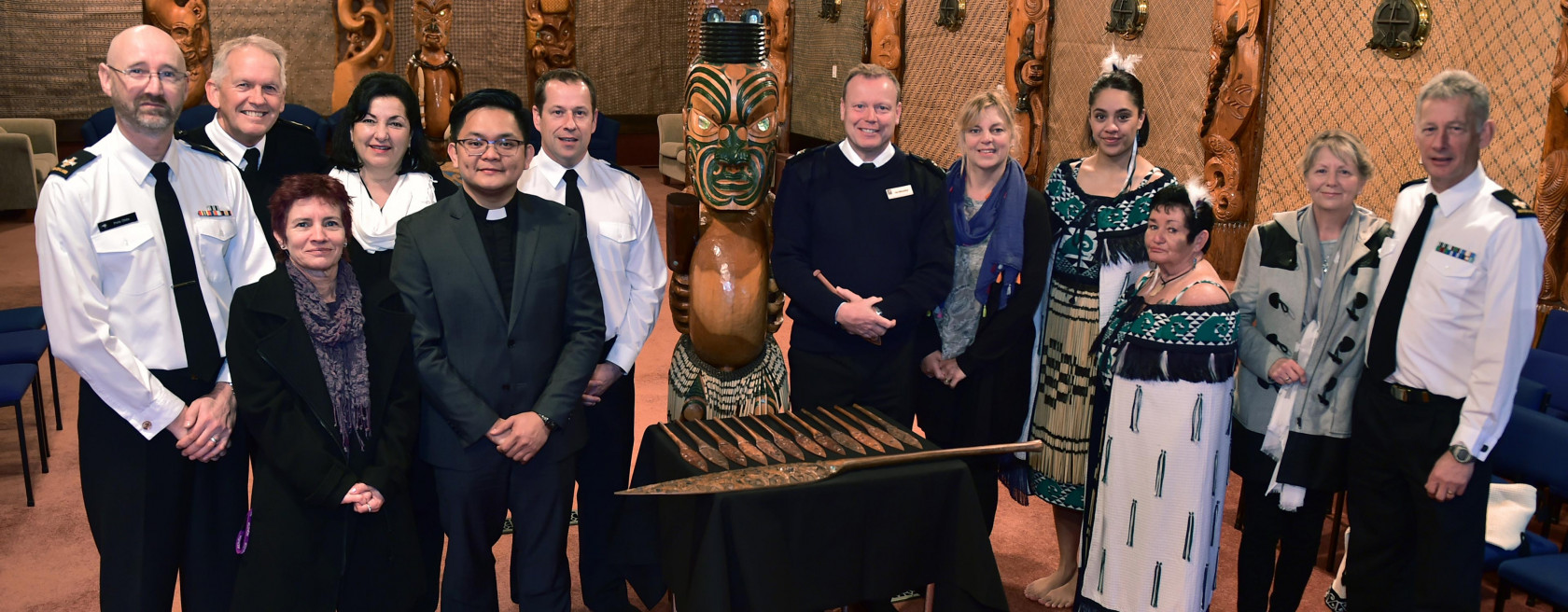
Salary and benefits
Careers in the Navy are well-rewarded, as well as being diverse and exciting. As you become more experienced and move up through the ranks, gaining additional skills and qualifications, you will see your salary rise accordingly.
$81,184
Starting Trade Training
$150,615
Future Potential Earnings
Figures updated on July 1st 2023
Military factor
Earn a competitive salary while training or learning your trade, along with additional allowances for time spent in the field, at sea, overseas, or deployed on operations.
In addition to salary and allowances, other benefits of joining the New Zealand Defence Force include:
Access to your Service marae or tūrangawaewae
Sponsored tertiary study programmes at all levels
Free access to gyms and swimming pools on camp and bases
Opportunities to travel
Free and subsidised medical and dental care
Subsidised food and accommodation on camps and bases
Free and subsidised insurance cover
Help to buy a home and save for retirement
Entry requirements
Basics
Education
Fitness and medical
Citizenship
- Be ordained, licensed, commissioned or otherwise fully authorised to officiate on behalf of your denomination.
- Have normally completed five years full-time pastoral ministry since ordination.
- Meet the citizenship & security requirements to gain SV security clearance for this trade.
- Be medically fit for service.
- Be of good character – including a comprehensive police record check.
- Be free of any criminal convictions for the previous two years.
- Pass an Officer Selection Board.
Applicants are to have a recognised tertiary theological qualification and experience in Pastoral Ministry in accordance with their own denominational requirements. In addition applicants must satisfy the following criteria:
- Familiarity with and application of standard computer systems
- Be in good standing with their denomination, and have the support of their denomination
- Have your application endorsed by the Chaplains Defence Advisory Council
- Excellent interpersonal skills with the ability to relate effectively with a diverse range of people
- You must be medically fit for service.
- You must meet the minimum entry fitness standards.
- Colour perception restrictions may apply.
There are strict citizenship and security requirements to gain the required SV security clearance for this trade. You must be free of any criminal conviction for the previous two years.
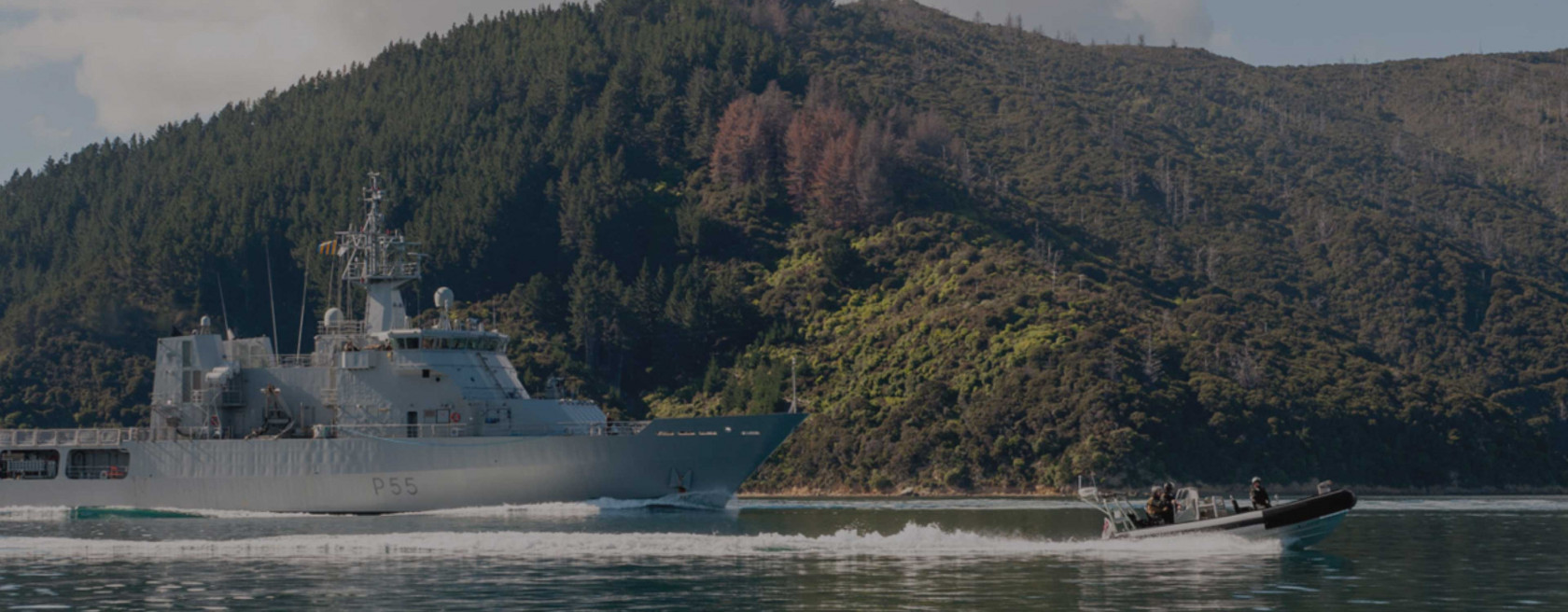
Ready to start your Navy career?
Other jobs you might like
You can also browse jobs by specialisation to narrow down your search.
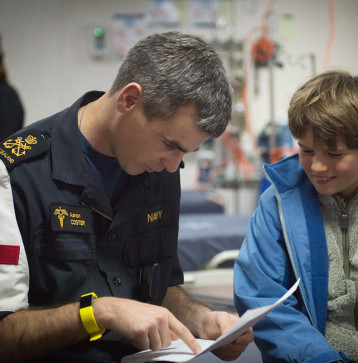
Applications Open
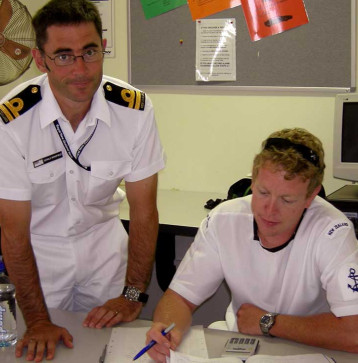
Closing Soon
